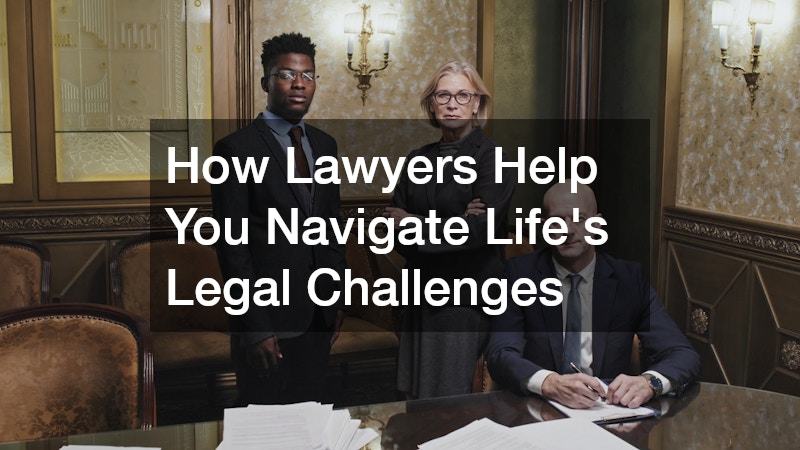
Several influential law professors, who specialize in securities litigation have filed an amicus brief against the Second Circuit Court of Appeals, according to new reporting by Reuters. Todd Henderson of the University of Chicago and Adam Pritchard of the University of Michigan filed their brief with the United States Supreme Court in response to one of its securities class actions decisions, involving Petrobas, the Brazilian gas company. The Circuit court had certified a class action lawsuit against the company by some investors who claimed the gas giant had committed securities fraud.
The two law professors are not alone in this instance. The others listed on the brief include the Financial Markets Association and the Securities Industry. Experts say this will not be an easy road to take.
At issue is the question of what evidence may be used to prove they relied on company statements that were later found to be untrue. In 1988, the case was Basic Vs. Levinson, the high court issued the foundation for securities class actions. The amicus brief that was just filed calls on the Supreme Court to elaborate on what the standard for evidence in cases like this actually is.
While Petrobas is looking for help from the American high court, the decision about what evidence can be used in securities class actions has been settled in other federal courts. Do companies need to provide their investors with proof that their stock lost value due to changes in the market rather than from erroneous data supplied by the business?
Because there is broad agreement among most federal courts on these issues, the group submitting this new brief are taking a different position on the issue. Their claiming that the Second District Court of Appeals has begun to run wild and is out of control. They claim the court has lowered it standards when hearing cases of securities class actions, making it much easier for plaintiffs to sue and to win.
Most of the time, investors will look to what are called “event studies” to determine what impacted the value of a particular stock when it takes a fall. If a stock loses value, these studies can determine whether these drops are due to events that are outside of the businesses control or if some company statements, which are not true, led to the drop. Henderson and Pritchard believe that this is the only way to really evaluate the reasons for a stock devaluation.
In the case, decided by the Second Circuit Court of Appeals, the plaintiffs eschewed the use of these event studies when making their case that the Petrobas stock fell, not because of market driven forces, but because the company put out bad news about the state of the business. These plaintiffs went further and said that the market’s response to Petrobas’s statements was not what experts would have anticipated. The court ruled that, “Event studies offer the seductive promise of hard numbers and dispassionate truth, but methodological constraints limit their utility in the context of single-firm analyses.”
The Second Circuit Court of Appeals went even further. In their decision on this case, they argued that plaintiffs have no responsibility to even look at event studies much less use them when they seek help from securities class actions. They allege that the members of this court are very biased in favor of plaintiffs in securities class actions.
Before the Petrobas decision, they claim, courts required plaintiffs in securities class actions use more empirical data to prove their case. This puts an undue burden on companies accused of securities violations to prove their side of the story. Given the nature of the original case and the fact that it involved international disputes, how the Supreme Court decides to proceed may have an impact far beyond Petrobas and its allies.





